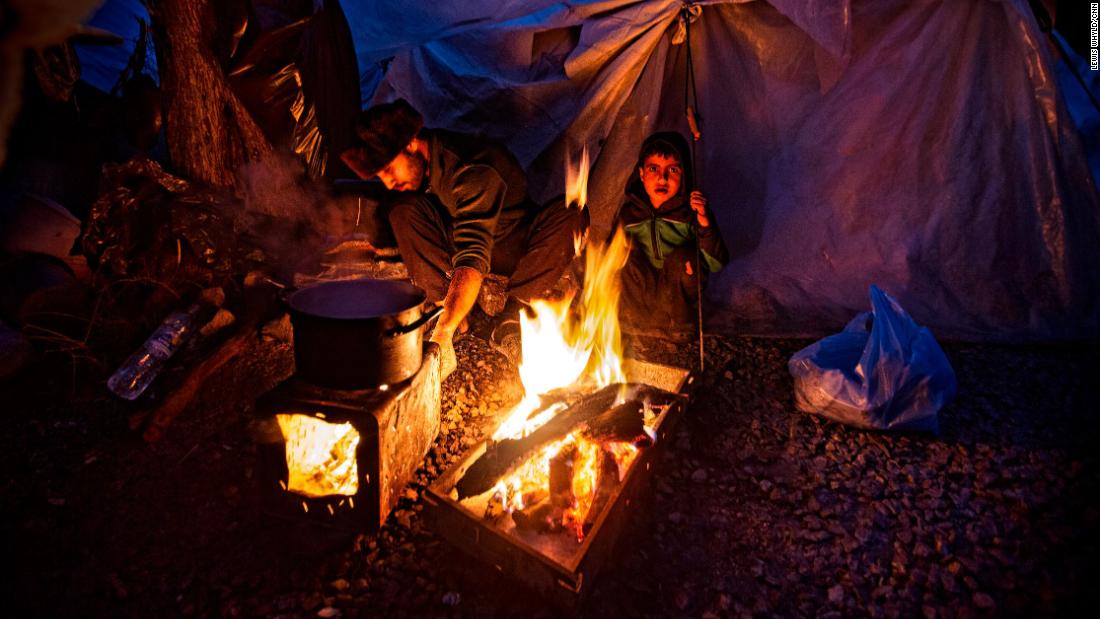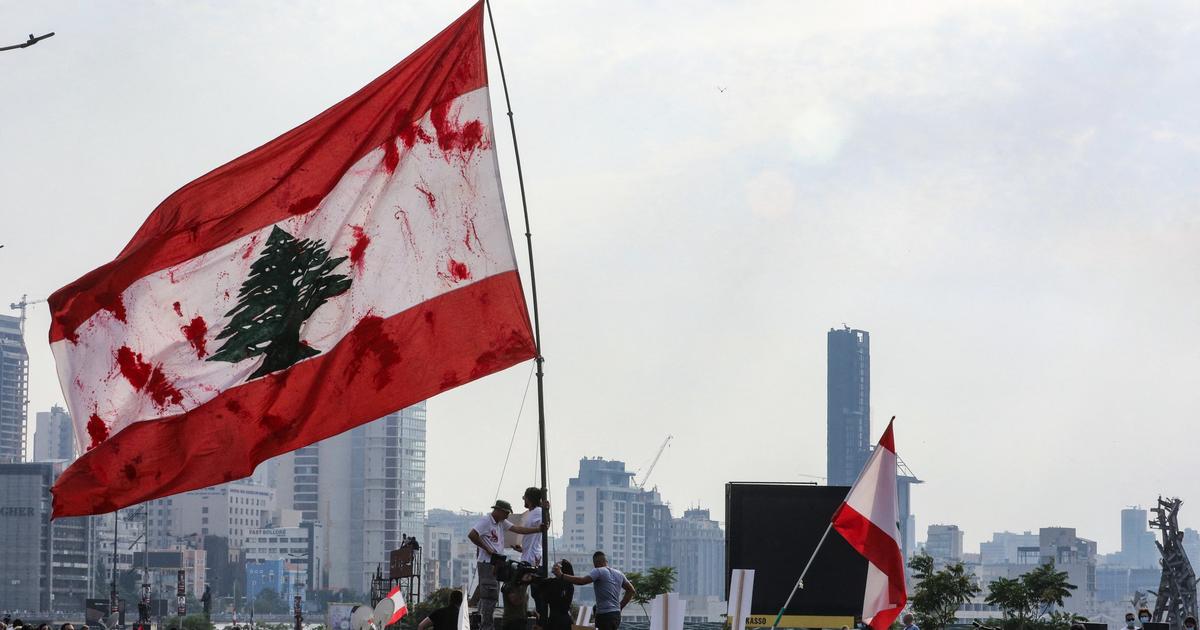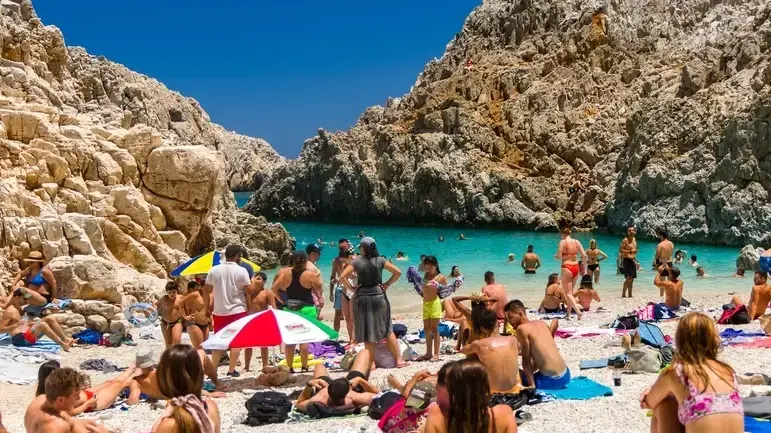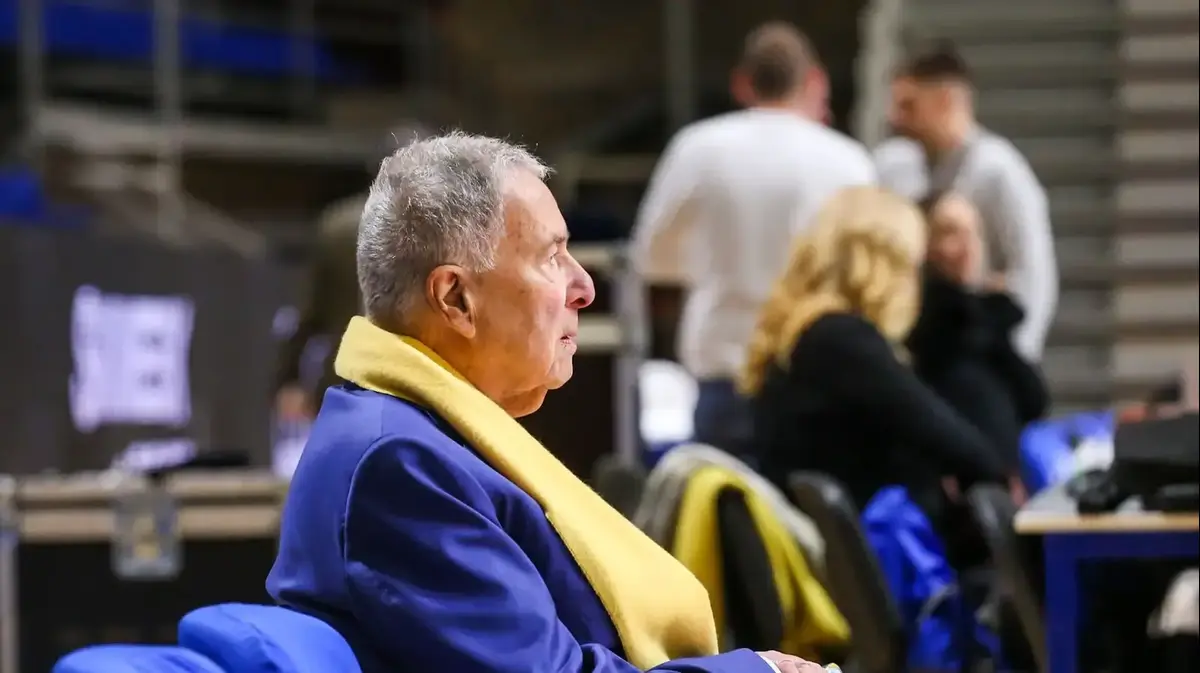Editor's Note:
CNN has partnered with London's Imperial War Museum on "Life in a Camp," a special exhibition on the Moria refugee camp in Lesbos, Greece.
The actress Lena Headey, who has visited Moria, has written an opinion piece that coincides with the opening of the exhibition.
Headey has previously collaborated with the International Rescue Committee to draw attention to the European refugee crisis.
She played Cersei Lannister on the HBO television series "Game of Thrones."
(CNN) -
Moria.
Hell on earth.
Filthy, insecure.
Human rights did not exist.
I visited this sprawling 'reception center' for refugees on the Greek island of Lesbos twice, in 2016 and again in 2019. On my second visit, the situation in the camp seemed to have reached new levels of desperation.
Moria had already doubled its intended capacity and was still growing every day, reaching six times its limit.
On both visits I witnessed the addition of new people of all ages, including the elderly and young children.
You would think that these people were criminals, not human beings who had fled war and a brutal and endless threat.
Some of them spent months sleeping on makeshift cots with only silver blankets to keep them warm and comfortable.
There was no room.
People were huddled together, sharing space with complete strangers.
The blankets were used as walls to offer some privacy.
The bathrooms were a disgrace.
The running water was often cut off.
There was no lighting at night.
The women were too scared to leave their tents, they were afraid to leave their children alone.
There was a persistent threat of sexual violence.
LOOK: Great fire destroys migrant camp on the Greek island of Lesbos
The simplest day-to-day needs were not met.
Getting food meant queuing for hours, only to receive the most inappropriate food you can imagine.
Some simply chose to stay away, avoid violence, and starve.
Being trapped in limbo, in such dire living conditions and uncertain about the future, had an alarming effect on the mental health of the people who have been living in Moria;
As an advocate for mental health, what I saw on Lesbos resonated deeply.
People gather around a fire to warm themselves in the Moria refugee camp in Lesbos, Greece, in February 2020.
A report from the International Rescue Committee (IRC) last year revealed that more than 60% of the refugees treated at IRC's Moria mental health center had considered suicide, and 30% had already done so. I had tried.
Looking into the eyes of someone who has lost all hope is something you can never forget.
You could feel the incendiary nature of that place.
Anger, loss, and despair: unprotected, unsupported, and unsure about their future.
Mothers staring into the distance, hopeless, as if they couldn't even see their own children in front of them.
The hell hole that was Moria has now burned to the ground.
But the crisis does not go away.
People continue to arrive every week on the shores of Greece and other places that need protection;
people who need shelter, food, love and recognition.
I met some extraordinary people in Moria, who were very inspiring.
They need some hope.
Why is it so difficult for us to offer this?
A woman stands outside her tent in the Moria refugee camp in Lesbos, Greece, in February 2020.
The fire and the ensuing chaos, the loss of what few possessions these people had, that little thread of stability, is absolutely heartbreaking;
however, perhaps, perhaps it will advance this.
This problem needs a sustainable solution.
We need to offer education and infrastructure, we have to give people the opportunity to contribute, to be part of something.
Sincere and significant efforts should be made to improve services and facilities on the ground for refugees, and a serious and humane effort to widen legal pathways in Europe and share responsibility across the continent.
After the fire, both France and Germany said they would take in more refugees from Lesbos.
But one thing is very clear.
Greece cannot handle this alone.
The European Union must step up.
Lesbos















